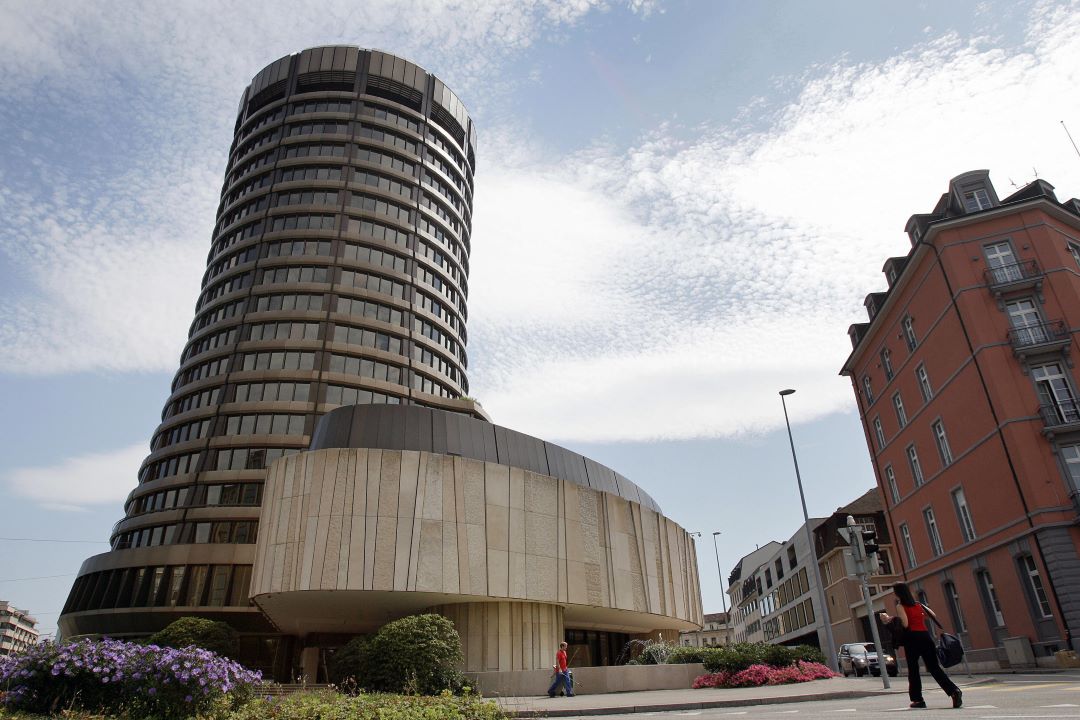Basel III capital reforms get push from global regulators
Call to fully implement global rules follows recent delays, revisions.
With banking regulators in several jurisdictions delaying or watering down their adoption of the latest edition of the global capital rules, known as Basel III, the Basel Committee on Banking Supervision said it expects the new regime to be fully implemented as soon as possible.
Following a two-day meeting, the group of global banking regulators issued a statement declaring that they unanimously expect the Basel III rules to be adopted in full and on time. This same expectation was also recently reaffirmed by the G20 finance ministers and central bank governors.
The latest declaration of support for the Basel III framework comes in the wake of recent delays and adjustments to some of the remaining provisions of the rules by regulators in Europe, the U.S., and Canada.
And in the wake of the U.S. election results, there’s an expectation that regulators there could water down the final capital rules even further.
Additionally, the Basel Committee also reported that it discussed the ongoing evolution of the shadow banking system — which continues to grow, and to establish new connections with the traditional banking industry — that “could present risks and vulnerabilities to the global banking system,” the committee said.
Regulators’ monitoring of these risks is impeded, in part, by a lack of data on some of activities of non-banks, and their links to the banking sector, the committee noted.
“Banks and supervisors must continue to be vigilant to these risks and to better gauge the range and materiality of interconnections,” the group said.
The Basel Committee also noted that it has finalized its guidance that aims to deal with weaknesses in banks’ counterparty credit risk management that have been revealed by recent episodes of stress in the shadow banking sector. Those final guidelines will be published next month, it said.
It also plans to publish reports on the lessons coming out of the bank turmoil in March 2023, and on the regulators’ use of countercyclical capital buffers, in the months ahead.





